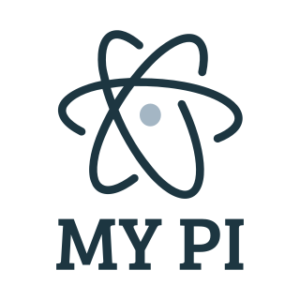Beane did not focus on a player’s weakness. He focussed on what they did well and created opportunities for them to utilise their strengths. These reports help you to understand the natural strengths of each individual employee and acknowledge how these strengths support the team’s needs.
As with the Cognitive Assessment, there is not necessarily a right and wrong profile, rather the additional data points should be used to gain a much stronger overview of who they are and how they perform in a social setting.
Furthermore, the reports from these two assessments provide fascinating data for your employees and teams to become more self-aware of themselves and each other. These reports illustrate how you work and adapt to your working environment. Understanding these behaviours and translating them into actions, which allow your teams to work to their strengths will help you create winning team environments.
A word of caution
Spoiler alert! Beane and his 2001 Oakland A’s team go on to have arguably the most dominant second half of the season in modern MLB history. They did not become successful until they had buy-in from the players, staff, and managers.
Talent optimization is the discipline of aligning business strategy and talent strategy. It’s a strategic process by which organizations optimize employee performance and experience to achieve their aspirations and maximize their results.
Introducing these incredible tools will only be effective if you have the trust of your team. “Without a basis in trust, employees will regard the new arsenal of HR tools and techniques as intrusive, controlling, like strings on a marionette.”
A final thought.
Covid has pitched us all a massive curveball and we have all had to adjust and adapt fast. It has accelerated digital transformation and placed more significance on the importance of your talent. How you manage your talent is now your competitive advantage.
HR Professionals are finally being recognised for their strategic input by getting a seat at the table. The bases are loaded and it’s their time to step up to the plate and hit a ‘grand slam’ through talent optimization.
If you want to learn more about how align your people strategy with your business strategy, please reach out, it would be great to connect and learn about your business.
Would you like to try the Predictive Index Behavioral Assessment?
Click the link below to get started:
https://assessment.predictiveindex.com/bo/03r/WebsiteLink
Best of luck and take care,
Dave Crumby
Founder at 360 Talent Solutions | Associate Partner at Humanostics
Certified PI Practitioner | Certified Talent Optimization Consultant









